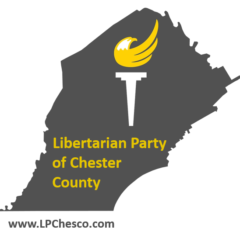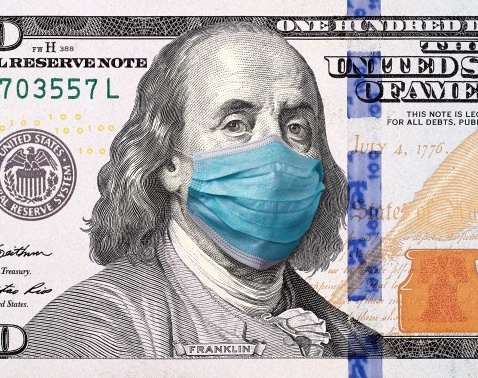A Chester County pharmacy has been fined over $5,000 in penalties and ordered to pay prior customers about $2,000 is restitution for sales made between March and July 2020. The crime committed was for raising prices over the legal limit.
The product involved was the N-95 facemasks, considered a high-grade form of protection mask used in some medical procedures. Pennsylvania has a code entitled The Price Gouging Act which states that prices increases of greater than 20% are not legal during a declared state of emergency. https://www.legis.state.pa.us/WU01/LI/LI/US/HTM/2006/0/0133..HTM
In this case, the pharmacy sold N-95 masks for $25. They sold about 100 masks. The restitution order indicates that each purchaser should get a refund of about $20. Many people might believe that selling a $5 mask for $25 during a pandemic to be bad. But should doing something in poor taste or judgement be automatically illegal?
For a few weeks, panic due to lack of public knowledge led to shortages of face masks, hand sanitizer, and paper products. Now the store shelves are oversupplied with these goods, as the market quickly corrected for demand. Most people who purchased those N-95 masks probably never needed them, since they are designed for certain medical professional uses.
But should over charging for a mask be against the law under any circumstances? More troubling is the language of this law that refers to “any consumer goods or services”. This probably means that we have thousands of criminal shop keepers and service providers in our community who raise or lower prices more than 20% based on market demand every day. They cannot raise prices due to increased demand on anything at all.
What is the role of the state in all of this? Certainly, the state should have no control over prices of goods and services that can be adjusted according to the marketplace quickly and fairly. This pharmacy got into trouble with the Pennsylvania Office of Attorney General because they ‘received tips alleging …unlawful prices” according to a newspaper report. In other words, someone called in the law to prosecute a shop owner from marking up his own merchandise.
What role should the state play in an emergency situation like this? Should they be attempting to control prices of goods and encouraging citizens to spy on each other and get them prosecuted by the law? We don’t think so. Perhaps Pennsylvania could have focused on educating the public about logical safe practices to improve safety and avoid panic.
Since medical facilities were unlikely to use a local pharmacy for equipment, we can assume that most people who rushed in to get an N-95 mask never needed them. More to the point, they were willing to pay $25 for one – no one forced them to purchase the product.
The government should not be in the retail business, and should not be telling business owners what they can lawfully charging for a product. Pennsylvania maintains a monopoly on the sale of spirits – no one is allowed to compete with them. The fact that they sell a bottle of wine for $15 that can be purchased in a neighboring state for $9 might be viewed as price gouging, not only during emergencies, but every day of the year.
Perhaps it is time the citizens of Pennsylvania looked into “Unconscionably Excessive” prices (to quote the law) charged by the state, rather than have them tell us what we can sell and buy products for.

